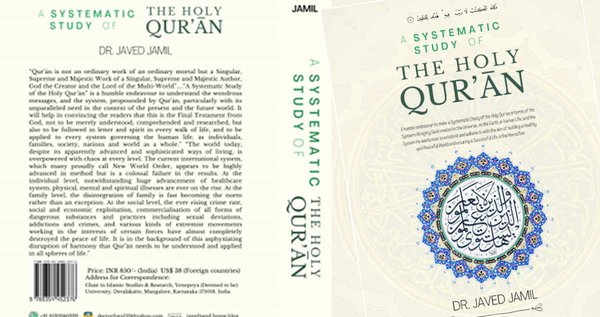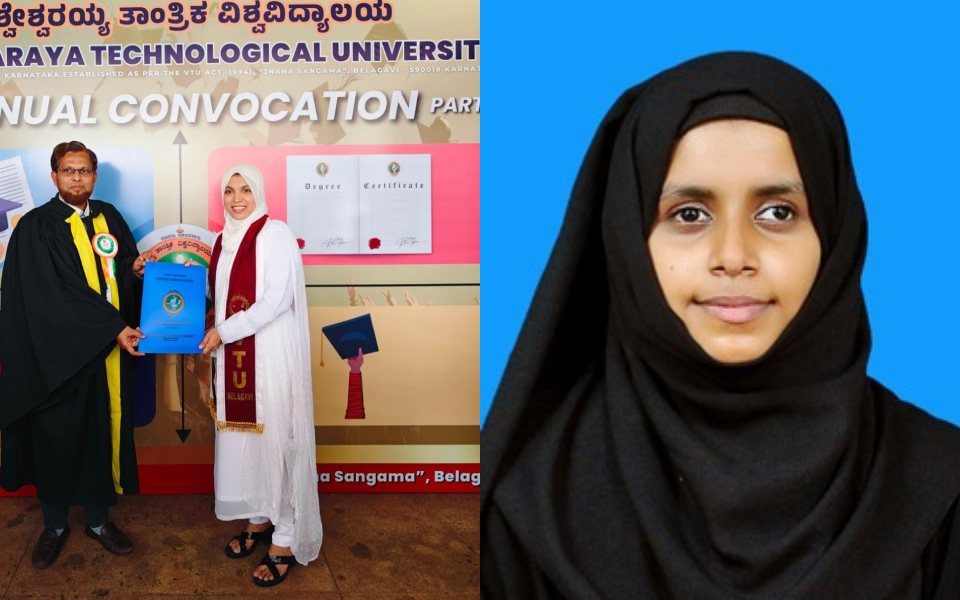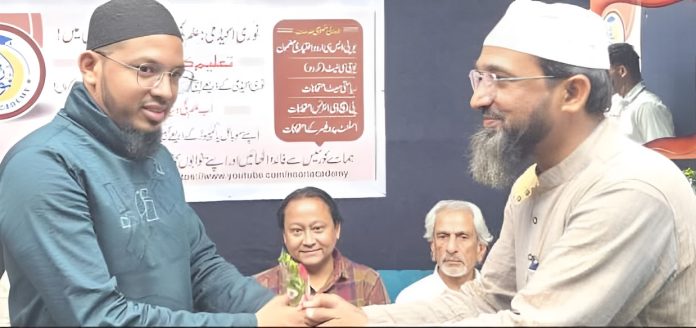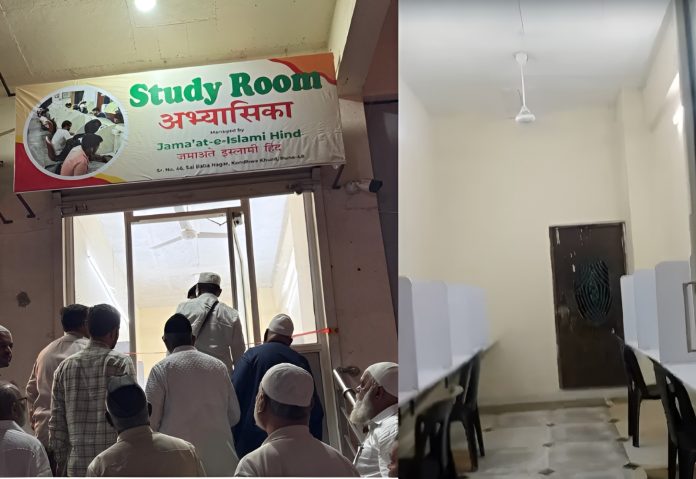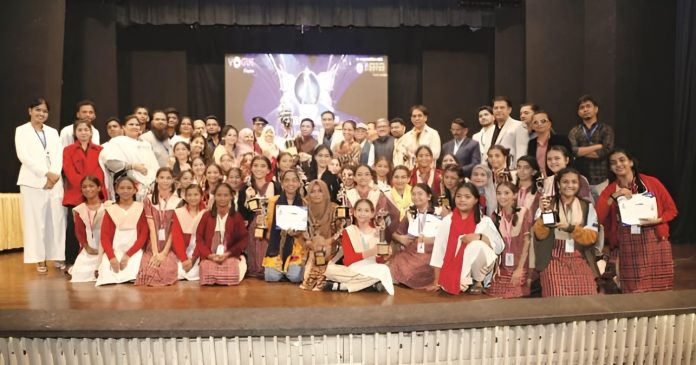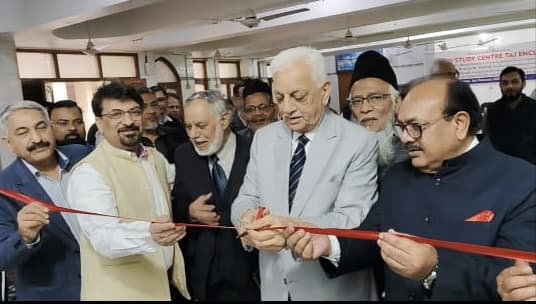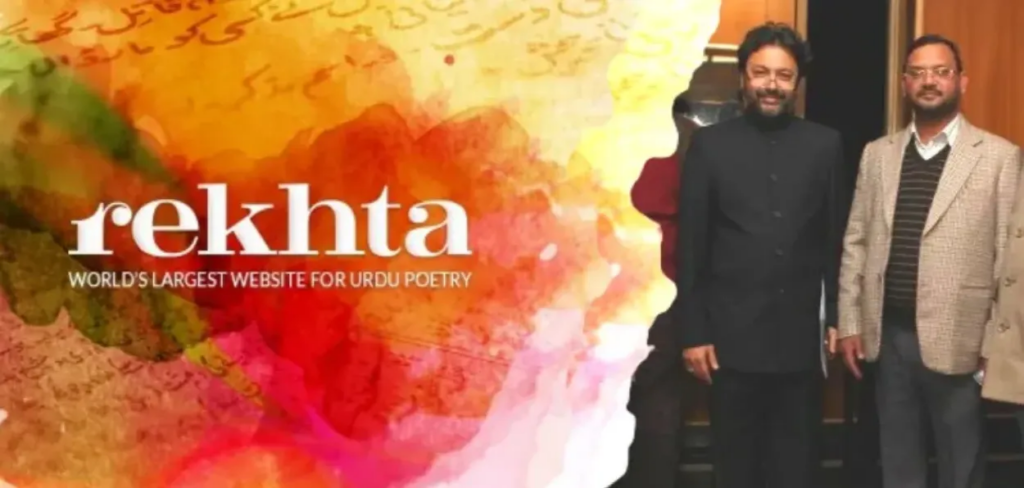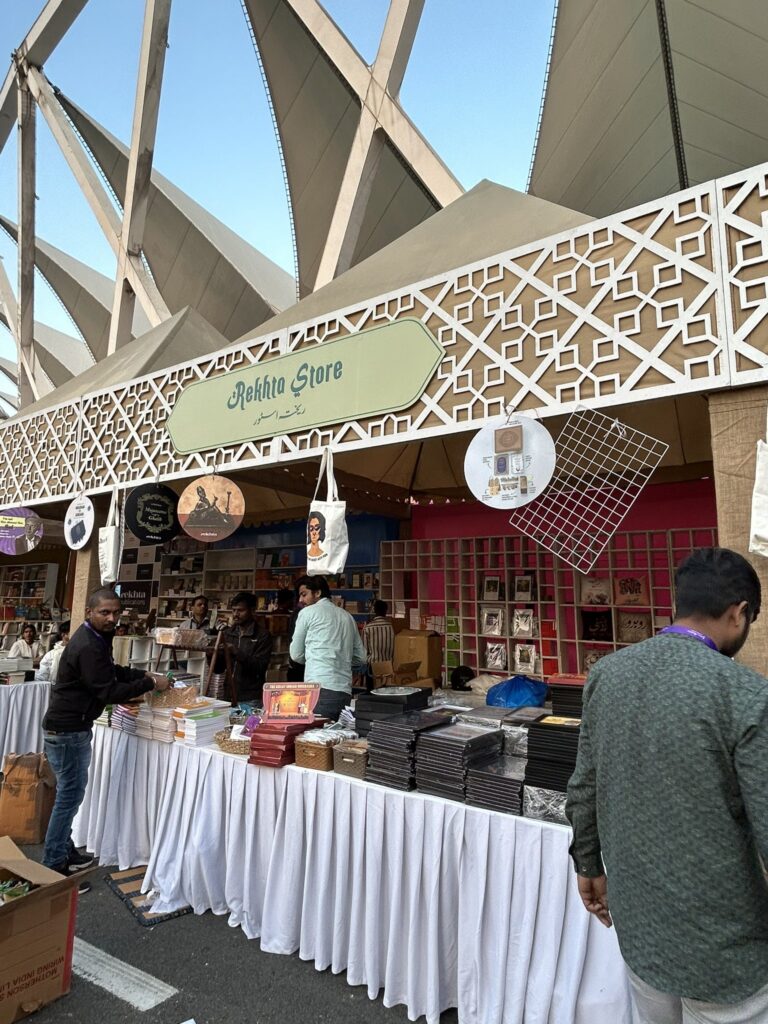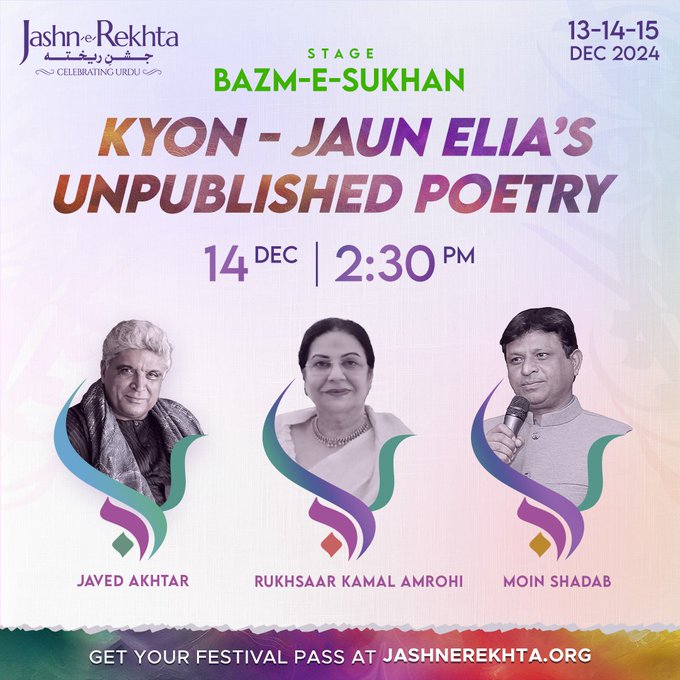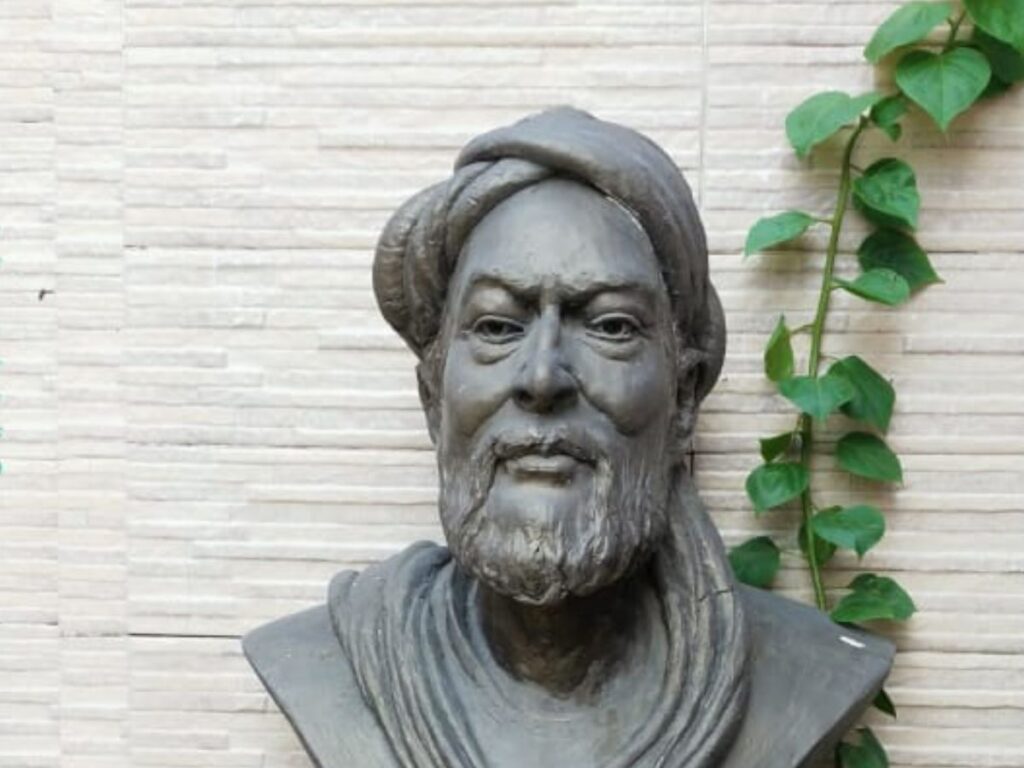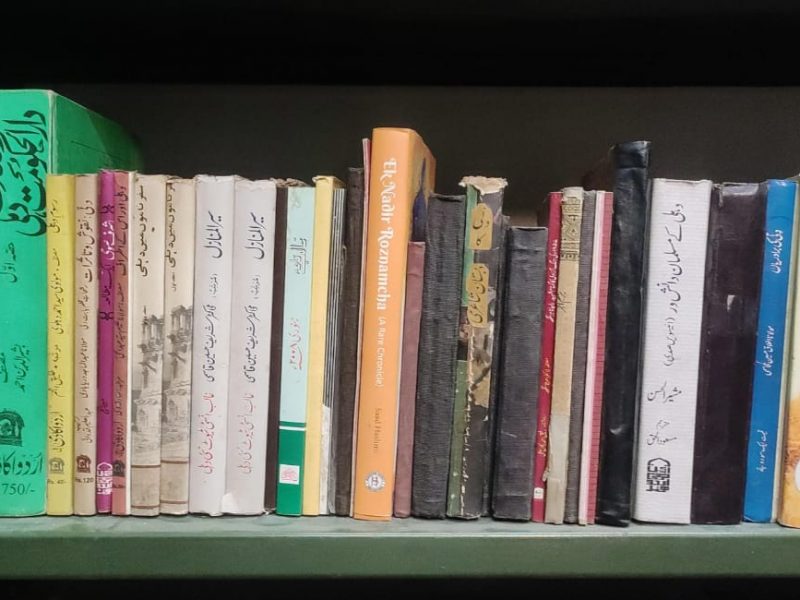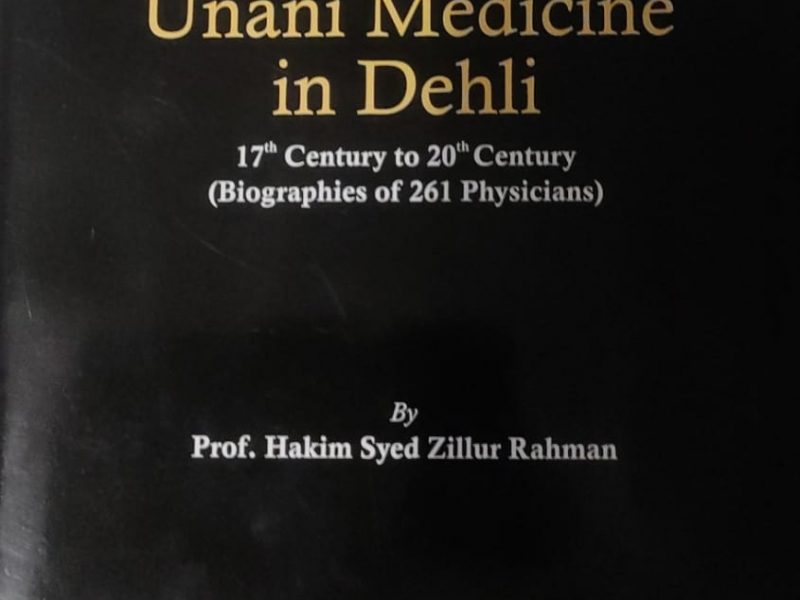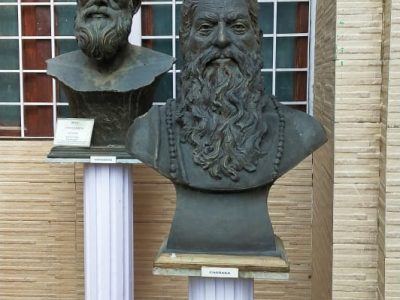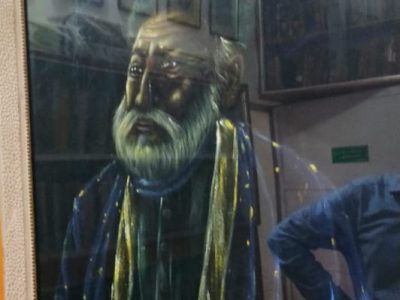Pulwama (Kashmir), JAMMU & KASHMIR :
Simrah Mir, a Kashmiri student, beat the odds to score 99.39 percentile in JEE Mains, inspiring countless students.
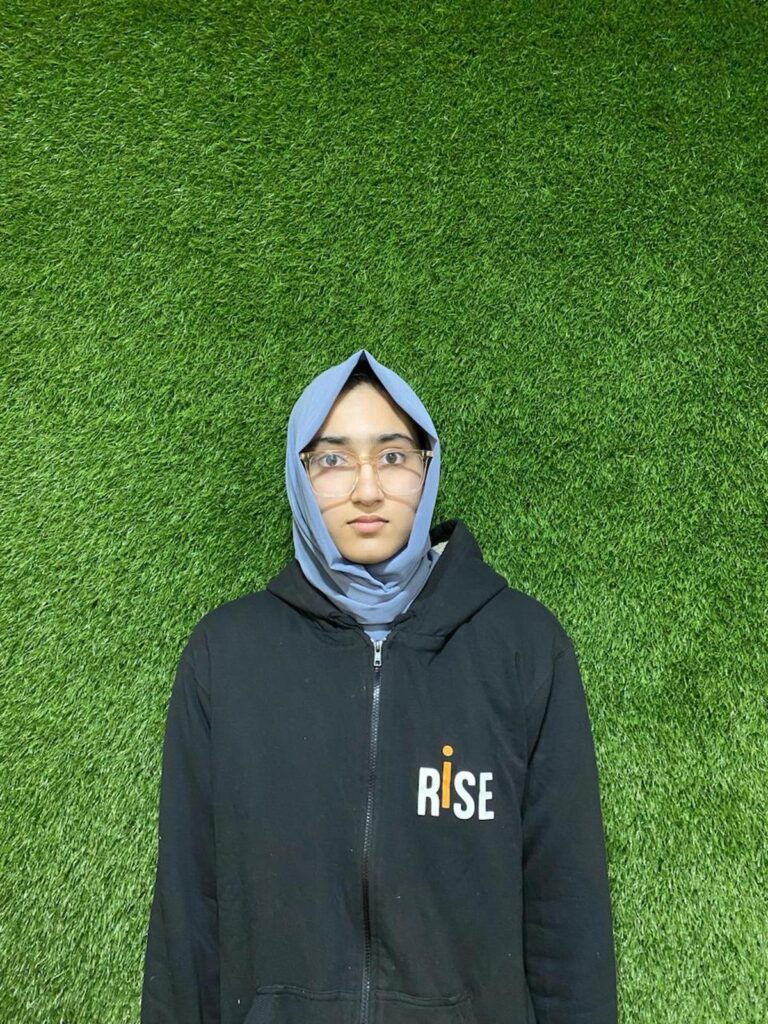
Simrah Mir, a JEE topper from Kashmir. | Photo by Special Arrangement
She comes from a region where resilience is a way of life. When Simrah spoke over the phone, her voice exuded conviction which only comes with a sense of achievement.
“At one point, I felt like giving up,” she began. Yet even her recall of desperation was in an unwavering tone.
Hailing from Kashmir’s Pulwama, a town often making the headlines for more negative than positive news, Simrah Mir has given a reason for the region to shine bright. Defying all odds stacked up against her, this young woman has brought immense joy and pride to the valley by scoring 99.39 percentile in the recently concluded JEE Mains this year.
Simrah’s is not just a personal victory but may well be an inspiration for countless students across Kashmir. Simrah, a student of a local government school, attended RISE coaching classes in Srinagar for JEE.
RISE is a coaching institute in Srinagar started by three former IITians: Salman Shahid and Imbesat Ahmad, both alumni of IIT Kharagpur, and Mubeen Masudi of IIT Bombay. Mubeen is a Kashmiri, says Mr. Shahid. “We started our institute in 2015 since we wanted to do something for Kashmir. When we started out, only a handful enrolled in our classes. Today, every year, some three to four students from our institute go to IIT and 70 to 80 students go to NIT. Twenty percent of these students are girls,” says Mr Shahid.
In an interview with The Hindu, Simrah spoke about her challenges, triumphs, and her fresh optimism for the road ahead.
She says: “At times, there were internet shutdowns, and many times it was a fearful environment at my hometown. My parents sheltered me from everything, even from what happening around our near vicinity. Then I moved to Srinagar. It was difficult to travel up and down daily from Pulwama every day for the coaching classes. It’s a long distance.”
Unlike many students who set their sights on JEE early on, Simrah’s decision to pursue engineering evolved over time. “It was a big step. Initially, I didn’t know much about JEE. I joined the RISE Institute, and there I got to know about the exam and started looking at engineering as a career. Later, I faced difficulties in my preparation. I felt like giving up, but my parents constantly supported and motivated me,” she continued.
What kept you motivated? What were the reactions of your parents, friends, and teachers to your preparations?
Initially, when I was searching for an interest, my parents and relatives were pushing me towards medicine. I didn’t like Biology and I’m not interested in Medicine. From an early age, I was interested in Physics and Mathematics; I wanted to know about the subjects. I studied by myself. I used to read books other than my textbooks. Physics and Maths interested me.
Later on, I decided that it is a stream for me. I decided I had to take Mathematics and Physics as a career.
Any obstacles or resistance you came across while preparing for JEE? Did you ever think about what would happen if you didn’t get selected?
There were definitely moments of doubt. And I used to have them often. As I said, I felt like giving up. JEE is a tough exam. I did think about what would happen if I didn’t get selected. But every time I felt low, my parents supported me. That helped me stay focused and push through the tough times.
I recently spoke to some people in Assam and learned that language, infrastructure, and cultural barriers can be obstacles in education. Did you face any challenges like that?
Shifting to Srinagar was a big deal for me. I’m from Pulwama, and it was getting difficult. There were no coaching classes specifically for JEE preparations
I did think of going to Delhi or another State initially because there are good institutes there. But then I realised it might not be beneficial for me. I have never lived alone, and I felt like I should be close to my parents.
In Kashmir, students usually prefer medicine and becoming doctors, especially girls. It’s rare for a girl to take engineering as a career.
Did your school play any role in your success? Did they provide career counselling or extra classes for JEE aspirants?
There was enough career counselling but no extra classes specifically for JEE aspirants. Most students in my school focused on board exams.
Nobody actually introduced the subject to me. I was inquisitive. There were some other students too who were genuinely interested to study and were inquisitive like me.
Which branch of engineering attracts you the most? And why? And have you thought about any specific college you would like to join?
I have not thought about it. Of course, I want to go to the best college. I want to go to IIT.
Personally, I want to take Computer Science Engineering, but I don’t know exactly what will happen in the future. I haven’t researched much yet. It also depends on my rank and how I perform in the JEE Advanced exam.
What do you wish to become eventually?
As of now, my goal is to pursue Computer Science Engineering. I would see where my passion takes me eventually.
What advice and tips you would want to give to JEE aspirants from your region?
In Kashmir, many students, especially girls, hesitate to choose engineering because it’s not the common path. But if you genuinely enjoy Mathematics and Physics, you should give it a chance. It’s important to be practical.
JEE is tough, and there will be challenges. But if you take it step by step and stay disciplined, you can do it.
source: http://www.thehindu.com / The Hindu / Home> Education / by Mantasha Ahmed / February 15th, 2025
